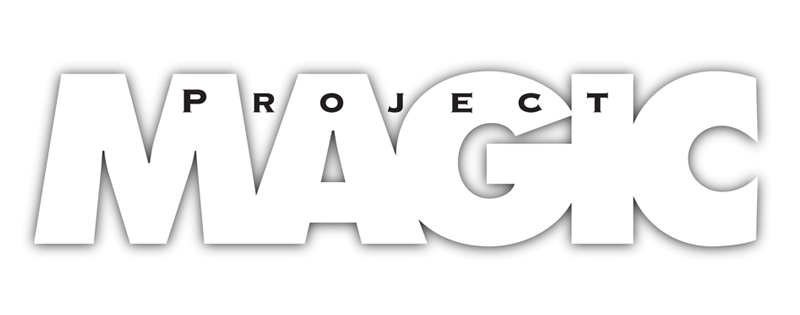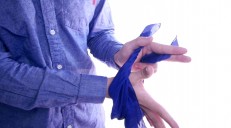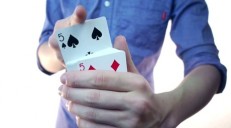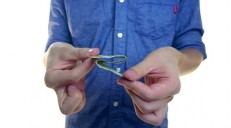As a person with a disability learns the mechanics of a magical illusion, they are motivated to increase physical dexterity, functional skills, and communication. Additionally, the learning of a magical illusion can aid in the improvement of problem-solving, the ability to work with numbers, and other cognitive skills.
Most people with disabilities have come to believe that they are less capable than a non-disabled person. Therefore, the ability
to perform simple magic allows them to do something that others cannot. Performing magic involves knowing something that the audience does not know - the secret. The performer can work "miracles."
This baffles the spectator and creates within the performer a sense of accomplishment, pride, and self-fulfillment.
Self-esteem and motivation are essential to the achievement of rehabilitation goals.


















